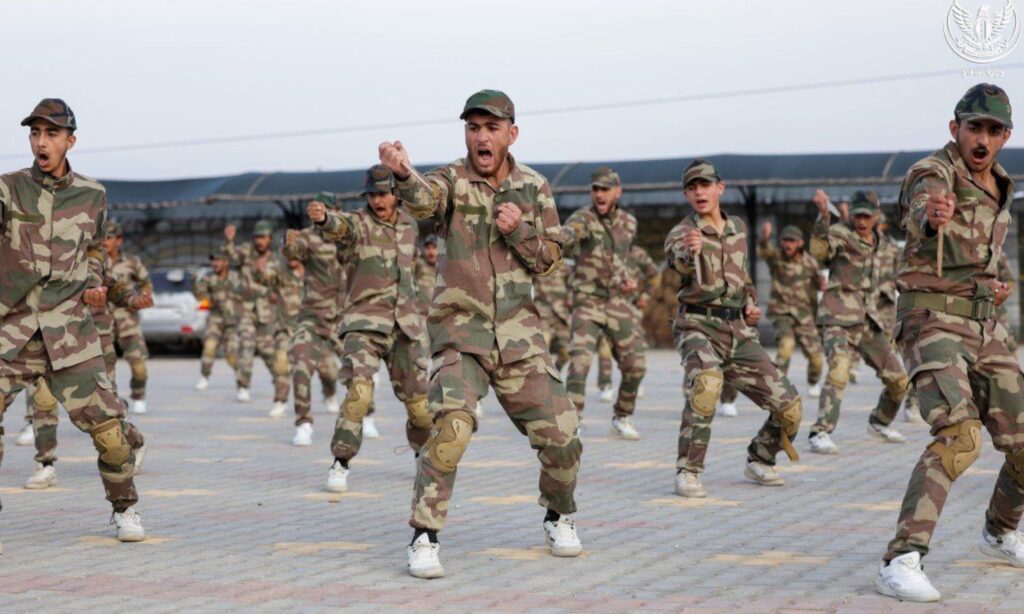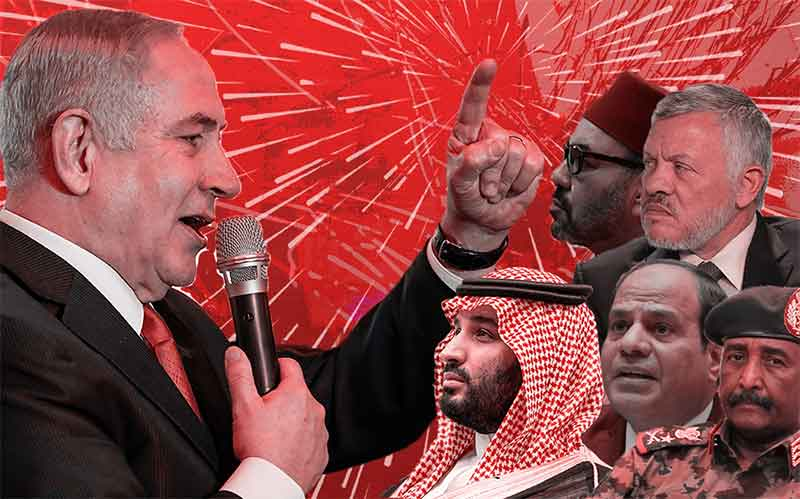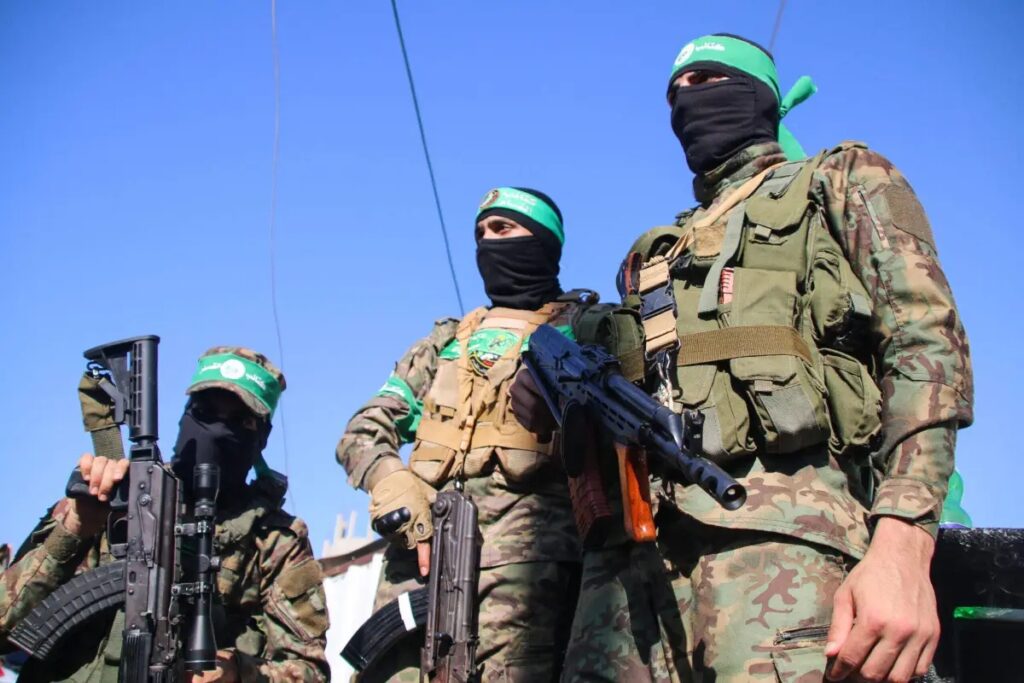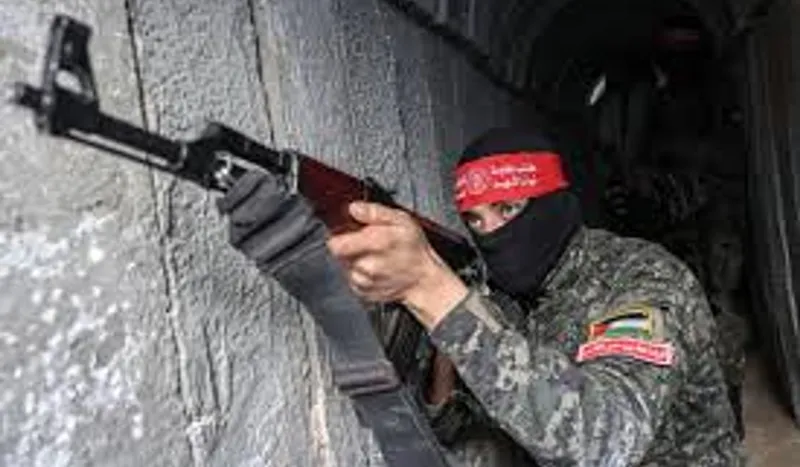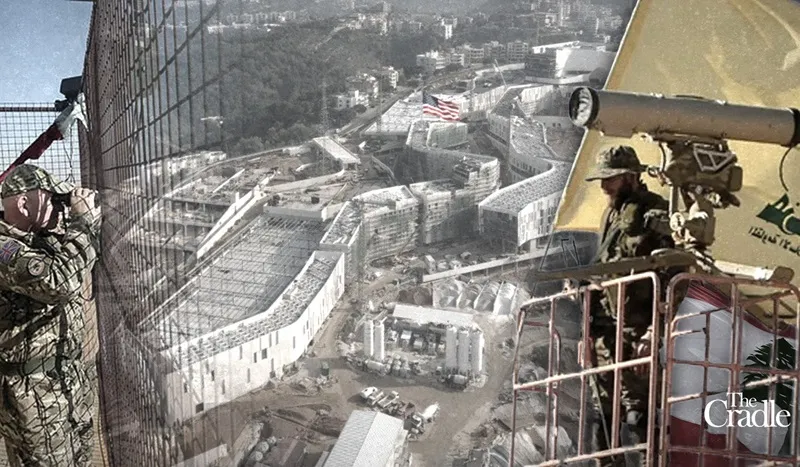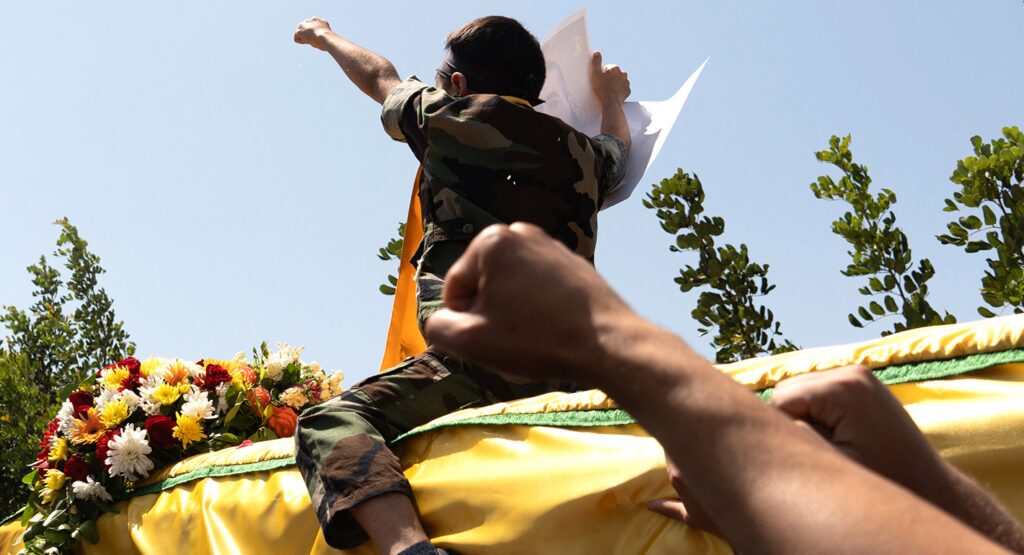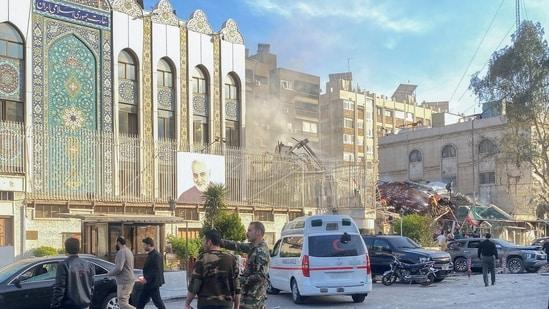Chypre : De la première colonie sioniste à la base militaire de la guerre israélienne contre Gaza
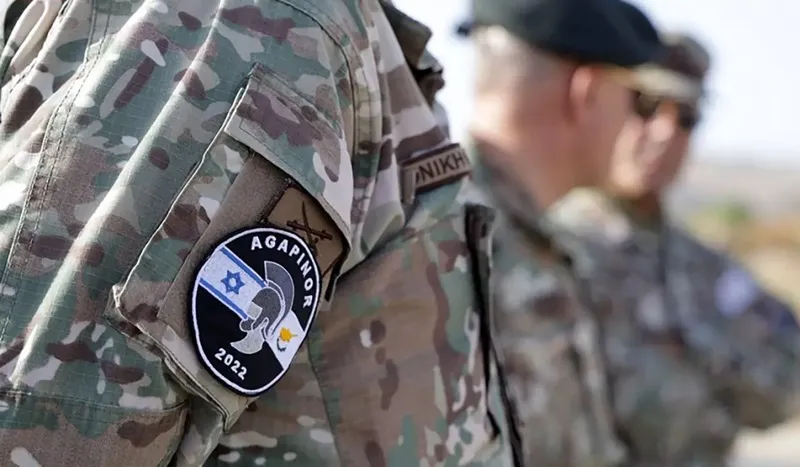
La semaine dernière, dans un important discours télévisé, le chef du Hezbollah, Hassan Nasrallah, a menacé Chypre d’une action militaire si elle poursuivait sa coopération militaire avec Israël, dont l’armée s’est entraînée dans cette nation insulaire en vue d’une attaque contre le Liban.

